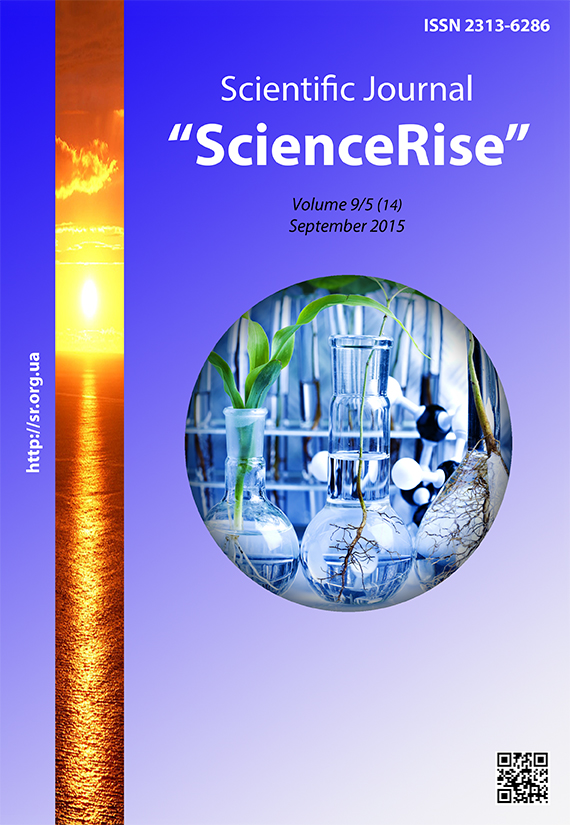Psychological features of tolerance for interaction with educational process subjects as a component of profession-relevant of heads of secondary educational institutions
DOI:
https://doi.org/10.15587/2313-8416.2015.50678Keywords:
tolerance for interaction with educational process subjects, tolerance performance for interaction with educational process subjectsAbstract
The tolerance parameters to the interaction with the subjects of the educational process are characterized. The tolerance level to interaction with the subjects of the educational process by heads of secondary educational institutions and its performance is empirically investigated. The conclusion about necessity of tolerance development to the interaction with the subjects of the educational process as one of the important components of professional tolerance of heads of secondary educational institutions in the system of Postgraduate Education are made
References
Danylenko, L. I., Karamushka, L. M. (2003). Osvitnij menedzhment. Kyiv: Shkil'nyj svit, 400.
Asmolov, A. G. (Ed.) (2000). Na puty k tolerantnomu soznanyju. Moscow: Smysl, 198.
Soldatovoj, G., Shajgerovoj, L. (Eds.) (2008). Psyhodyagnostyka tolerantnosty lychnosty. Moscow: Smysl, 94–97.
Brjuhovec'ka, O. V.; Maksymenka, S. D., Onufrijevoi', L. A. (Eds.) (2015). Psyhologichni osoblyvosti tolerantnosti do nevyznachenosti v upravlins'kij dijal'nosti kerivnykiv zagal'noosvitnih navchal'nyh. Problemy suchasnoi' psyhologii', 27, 70–81.
Nykyforova, G. S., Dmytryevoj, M. A., Snetkova, V. M. (Eds.) (2001). Praktykum po psyhologyy menedzhmenta y professyonal'noj dejatel'nosty. Sankt-Peterburg: Rech', 190–208.
Karamushka, L. M. (2003). Psyhologija. Kyiv: Milenium, 344.
Karamushka, L. M. (2004). Psyhologija osvitn'ogo. Kyiv: Lybid', 424.
Bondarchuk, O. I. (2008). Social'no-psyhologichni osnovy osobystisnogo rozvytku kerivnykiv zagal'noosvitnih navchal'nyh zakladiv u profesijnij dijal'nosti. Kyiv: Nauk. svit, 318.
Downloads
Published
Issue
Section
License
Copyright (c) 2015 Олександра Вікторівна Брюховецька

This work is licensed under a Creative Commons Attribution 4.0 International License.
Our journal abides by the Creative Commons CC BY copyright rights and permissions for open access journals.
Authors, who are published in this journal, agree to the following conditions:
1. The authors reserve the right to authorship of the work and pass the first publication right of this work to the journal under the terms of a Creative Commons CC BY, which allows others to freely distribute the published research with the obligatory reference to the authors of the original work and the first publication of the work in this journal.
2. The authors have the right to conclude separate supplement agreements that relate to non-exclusive work distribution in the form in which it has been published by the journal (for example, to upload the work to the online storage of the journal or publish it as part of a monograph), provided that the reference to the first publication of the work in this journal is included.

